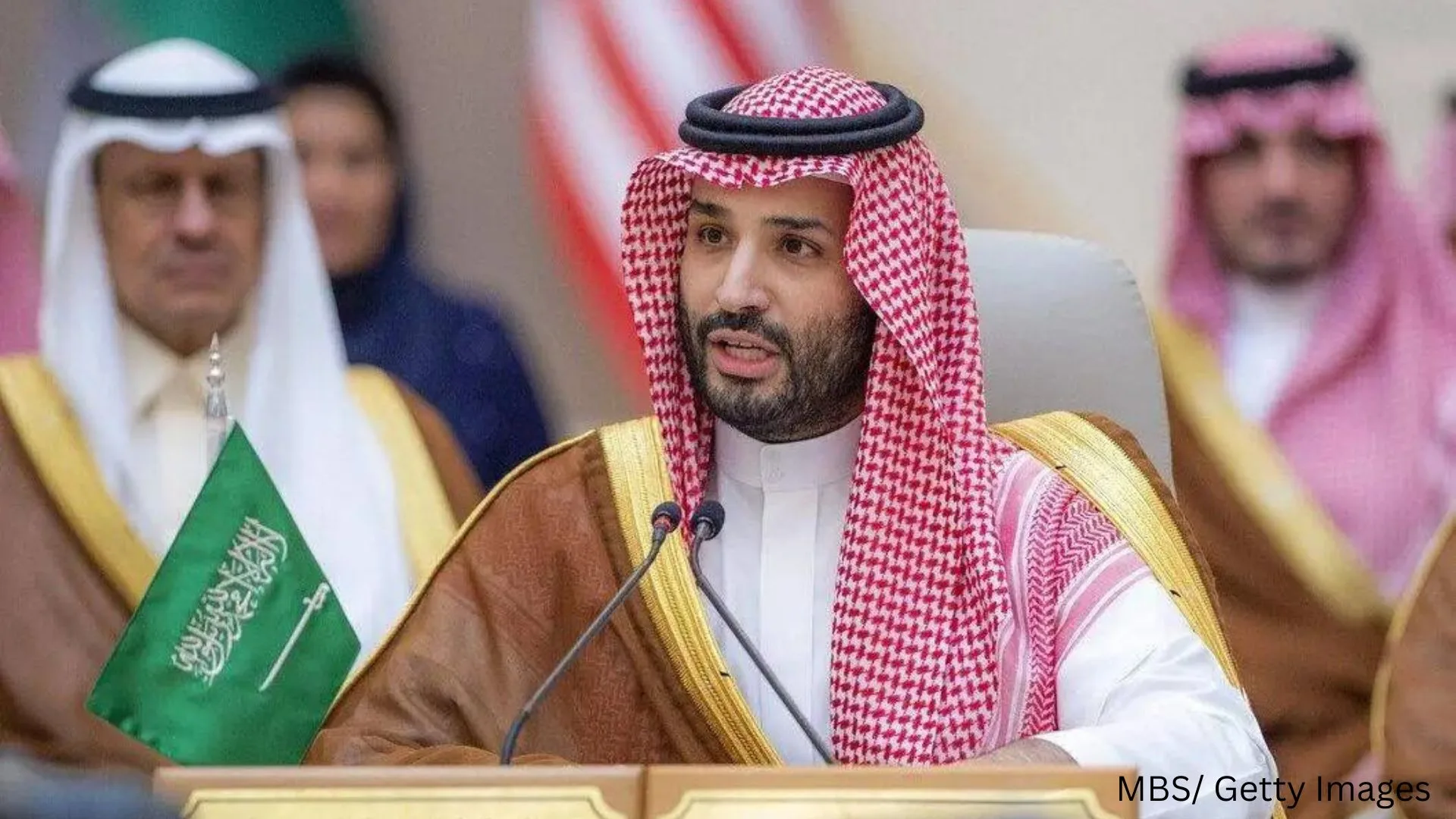The Israeli army’s offensive actions against the Gazan people must stop right away, according to Saudi Crown Prince Mohammed bin Salman. He emphasized that humanitarian crossings must be established in order to deliver aid and preserve civilian lives. Concerning the UN Security Council’s and the international community’s inability to put an end to the violence in Gaza and the attacks on civilians—women, children, hospitals, and infrastructure—Bin Salman voiced his worries. He also demanded that the siege on the area be lifted and expressed opposition to the forcible eviction of Gaza inhabitants. He also attacked the way the world community has been handling the Gaza problem inconsistently.
Speaking at the Arab-Islamic summit in Riyadh, where leaders of several Arab and Islamic countries convened to talk about the ongoing crisis in Gaza, the Saudi Crown Prince made these statements. The words of Bin Salman express Saudi Arabia’s stance, highlighting the country’s opposition to Israel’s military operation in Gaza and its worries for the safety of bystanders caught in the crossfire.
The international community’s general demand for a ceasefire in the Gaza crisis is consistent with Bin Salman’s demand for an immediate end to military operations. There have been significant civilian casualties and massive infrastructure damage as a result of the fierce fighting that has characterized the Gaza scenario. Humanitarian crossings would make it easier to provide the impacted population with desperately needed aid and might even help to resolve the humanitarian catastrophe.
The difficulties in resolving the Gaza crisis diplomatically are highlighted by the Saudi Crown Prince’s criticism of the UN Security Council and the international community. The violence has persisted in spite of international efforts and appeals for a truce, and reaching an agreement among Security Council members has proven to be challenging.
Concerns regarding the possible eviction of the local populace are echoed by Bin Salman’s resistance to the forcible evacuation of Gaza residents. When populations are uprooted during hostilities, there might be serious humanitarian problems with housing, food, and medical treatment. Saudi Arabia’s opposition to these kinds of forced relocations is a sign of its commitment to upholding the rights and welfare of Gaza’s citizens.
One of the main points of contention in the Israeli-Palestinian conflict is highlighted by the desire to break the embargo on Gaza. The blockade has been in effect for a long time and has had a big impact on Gaza residents’ livelihoods. Concerns about the blockade’s effects on the economy, healthcare access, and freedom of movement have persisted. Saudi Arabia’s demand for its withdrawal is consistent with the wider global conversation over the necessity of addressing the blockade’s effects.
Bin Salman underscores the significance of maintaining coherence while tackling conflicts and human rights breaches by criticizing the international community’s inconsistent stance on the Gaza crisis. The world community has responded to the situation in Gaza in different ways. Some countries have expressed support for Israel’s actions, while others have called for a truce and a peaceful settlement. The statements made by the Crown Prince of Saudi Arabia indicate that dealing with such disputes requires a coordinated and moral approach.
In conclusion, Saudi Arabia is against the Israeli army’s continuous military actions in Gaza, as stated by Saudi Crown Prince Mohammed bin Salman in his remarks at the Arab-Islamic summit. His dedication to resolving the humanitarian crisis in Gaza is evident in his calls for a ceasefire, the creation of humanitarian crossings, and concerns about the effects on infrastructure and civilians. Furthermore, his resistance to forcible removal and support for the easing of the siege are consistent with wider global discourse surrounding the Israeli-Palestinian conflict. Lastly, he criticizes the dual strategy taken by the international community, emphasizing the necessity for a more principled and consistent approach to these kinds of disputes.
Follow us on social media: Instagram, Threads & Twitter X @nya360_ YouTube & Facebook @nya360.





